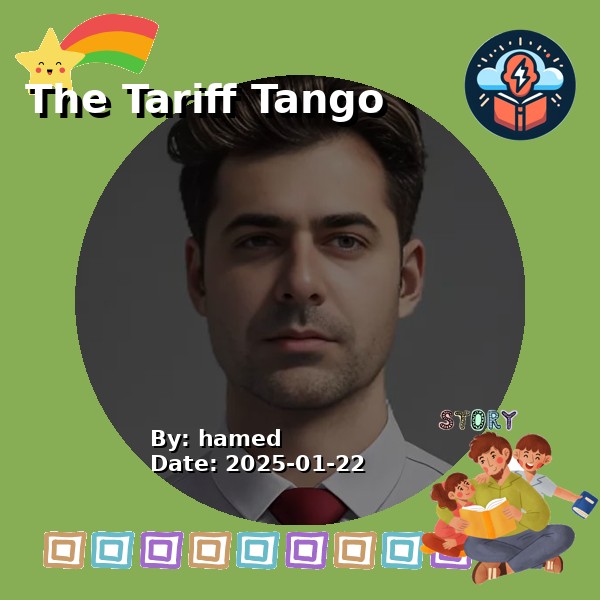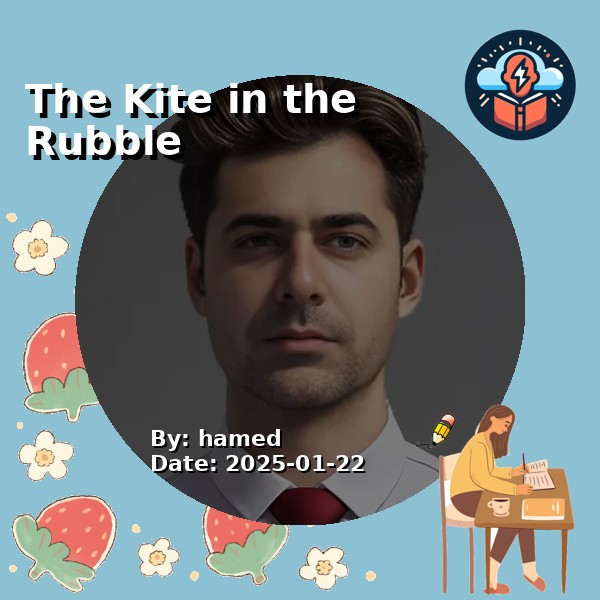Explore Flash Fiction
The Last Scroll
The screen froze mid-swipe. “Error 403: Service Unavailable.” I stared at my phone, my thumb hovering over the screen, waiting for TikTok to snap back to life. But it didn’t. …
When the Waters Rose
The rain had been relentless for days, a constant drumming on the tin roofs of the villages nestled in Central Java’s lush valleys. By the time the rivers began to …
The Tariff Tango
At the International Trade Summit, held in a glitzy Vienna ballroom that smelled faintly of cigars and strained diplomacy, President Trumph strode to the podium. His signature red tie swung …
The Kite in the Rubble
The streets of Jenin were unrecognizable. Where there had been markets and laughter, now there were craters and silence, broken only by the distant rumble of armored vehicles. Smoke hung …
The Red Line
Admiral Sarah Chen stared at the holographic display floating above her desk in Pearl Harbor. Red dots pulsed along the disputed maritime borders - each one representing a potential flashpoint …
The Citizenship Collector
In the not-so-distant future, the United States of Auremerica introduced the Citizenship Reclamation Initiative. Led by President Grump, the initiative’s first act was to end birthright citizenship for children born …
The Weight of Mercy
The news broke on a quiet Tuesday morning. President Trump, in his final hours in office, had issued a sweeping pardon—over 1,500 names, a list that included fraudsters, lobbyists, and, …
The Pardoner's Last Laugh
In the parallel world of Pardonia, President Brydon sat at his ornate golden desk, pen poised over a stack of parchment marked Preemptive Pardons. Outside the White Oval Bubble, news …
The Second Oath
The room smelled of paper and dust, the kind of smell only found in old courthouses. Elias sat on the cold wooden bench, staring at the judge who had spent …
The Sound of the Land
The sun hung low in the sky, casting a golden glow over the red earth of the outback. A group of teenagers sat in a loose circle, their faces a …









